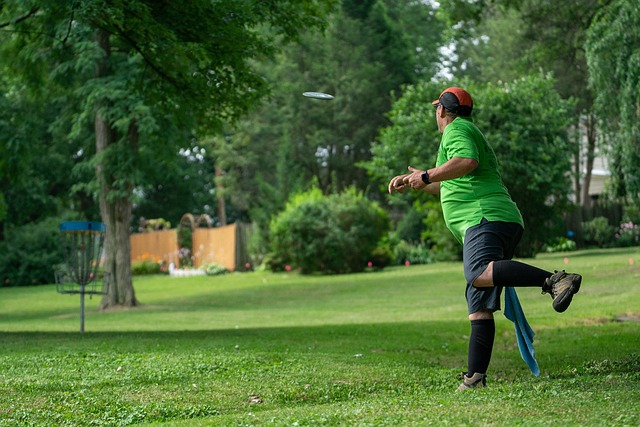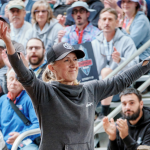The Art of Recovery: How to Save Your Shots and Stay in the Game When Things Go Wrong
Recovery is an essential aspect of any competitive game or sport. It’s the ability to recover from mistakes, setbacks, and failures, and come back stronger than ever. In this article, we’ll explore the art of recovery, and provide tips and strategies on how to save your shots and stay in the game when things go wrong.
What is Recovery?
Recovery is the process of regaining control and composure after a mistake or failure. It’s the ability to adapt to new situations and challenges, and to stay focused and motivated despite adversity. Recovery is not just about bouncing back from failure, but also about learning from it and using it as an opportunity to improve and grow.
Why is Recovery Important?
Recovery is important for several reasons. Firstly, it helps to reduce stress and anxiety, which can be overwhelming and debilitating. When you’re able to recover quickly from a mistake, you’re able to regain control and confidence, and this can have a positive impact on your overall performance and well-being. Secondly, recovery helps to improve learning and retention. When you’re able to recover quickly from a mistake, you’re able to learn from it and incorporate the knowledge into your future performance. Finally, recovery helps to build resilience and perseverance, which are essential qualities for success in any competitive endeavor.
How to Save Your Shots and Stay in the Game
So, how can you save your shots and stay in the game when things go wrong? Here are some tips and strategies to help you do just that:
- Stay calm and focused. When things go wrong, it’s easy to get caught up in emotions like anger, frustration, or disappointment. But staying calm and focused is essential for recovery. Take a deep breath, and remind yourself that mistakes happen. Try to stay present and focused on the task at hand.
- Take a break. Sometimes, taking a break can be just what you need to recover from a mistake. Take a step back, and give yourself time to recharge and refocus. This can help you come back stronger and more prepared.
- Learn from your mistakes. When things go wrong, it’s essential to learn from your mistakes. Take the time to analyze what went wrong, and think about what you could have done differently. Use this knowledge to improve your performance in the future.
- Practice mindfulness. Mindfulness is the practice of being present and aware in the moment. When you’re mindful, you’re better able to cope with stress and adversity. Practice mindfulness through meditation, deep breathing, or yoga, and you’ll be better equipped to recover from mistakes.
- Focus on the process. When things go wrong, it’s easy to get caught up in the outcome. But focus on the process, not the outcome. Concentrate on what you’re doing, and what you can control. This can help you stay focused and motivated, even when things aren’t going your way.
- Stay positive. Finally, stay positive and optimistic, even when things go wrong. Believe in yourself, and your abilities. Think about the opportunities that have arisen from your mistakes, and focus on the things you can do to improve and grow.
Conclusion
Recovery is an essential aspect of any competitive game or sport. It’s the ability to recover from mistakes, setbacks, and failures, and come back stronger than ever. By following the tips and strategies outlined in this article, you’ll be better equipped to save your shots and stay in the game when things go wrong. Remember to stay calm and focused, take a break when needed, learn from your mistakes, practice mindfulness, focus on the process, and stay positive. With these strategies, you’ll be well on your way to recovering from mistakes and achieving success in any competitive endeavor.
FAQs
Q: How do I know when I need to recover from a mistake?
A: Pay attention to your emotions and physical sensations. If you’re feeling stressed, anxious, or overwhelmed, it may be time to recover. Take a break, and give yourself time to recharge and refocus.
Q: How can I improve my recovery skills?
A: Practice mindfulness, and focus on the process, not the outcome. Take time to reflect on your mistakes, and think about what you could have done differently. Practice self-care, and take breaks when needed.
Q: Can recovery skills be learned?
A: Yes, recovery skills can be learned. With practice and patience, you can develop the skills and strategies necessary to recover from mistakes and setbacks. Remember, recovery is a process, and it takes time and effort to develop.
Q: How does recovery impact performance?
A: Recovery can have a significant impact on performance. When you’re able to recover quickly from a mistake, you’re able to regain control and confidence, and this can have a positive impact on your overall performance and well-being.








